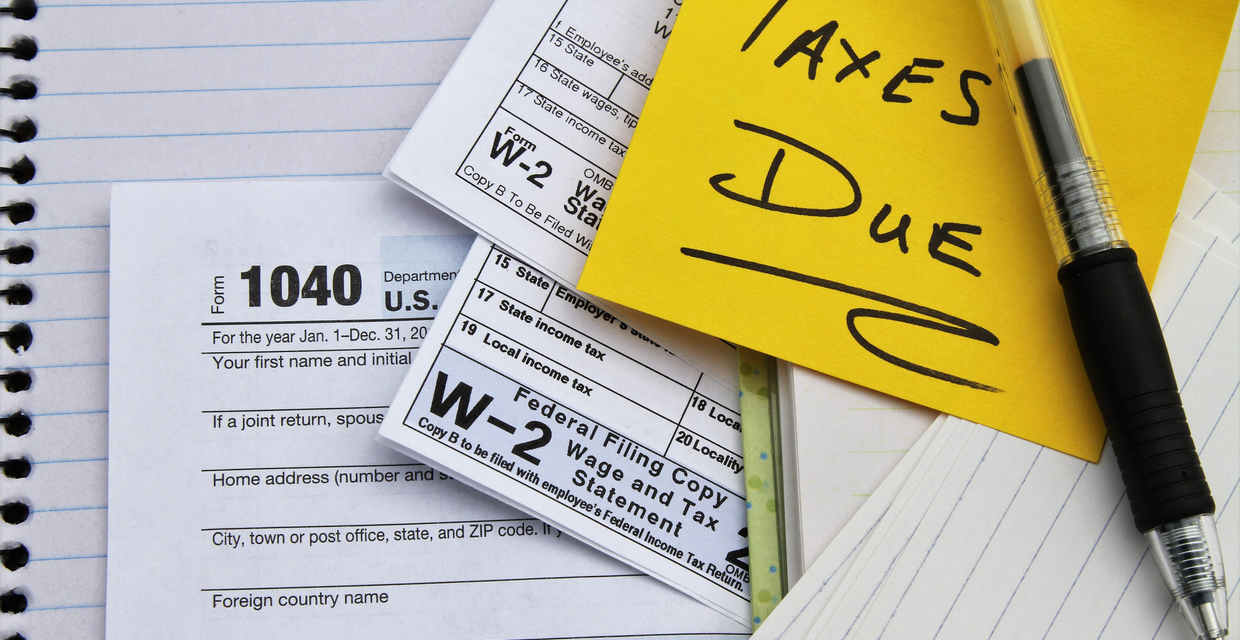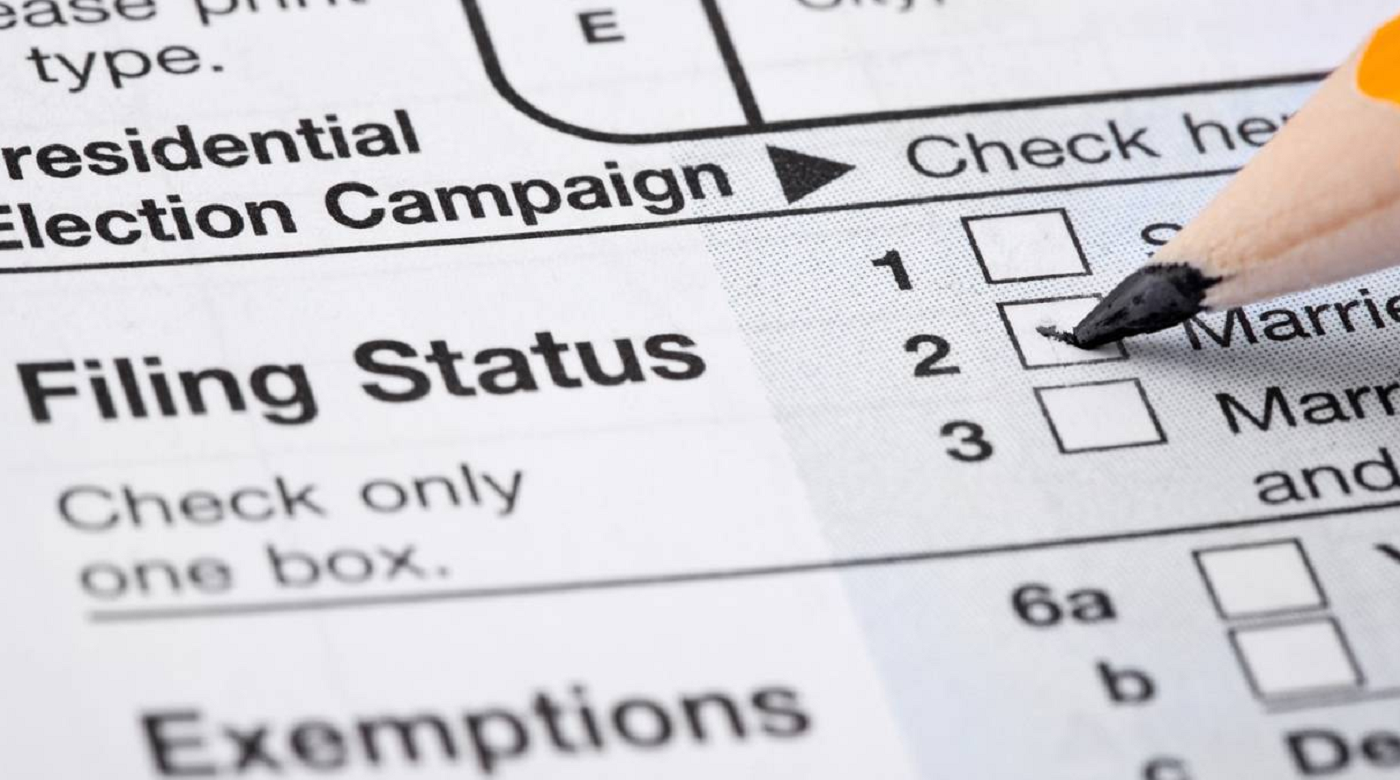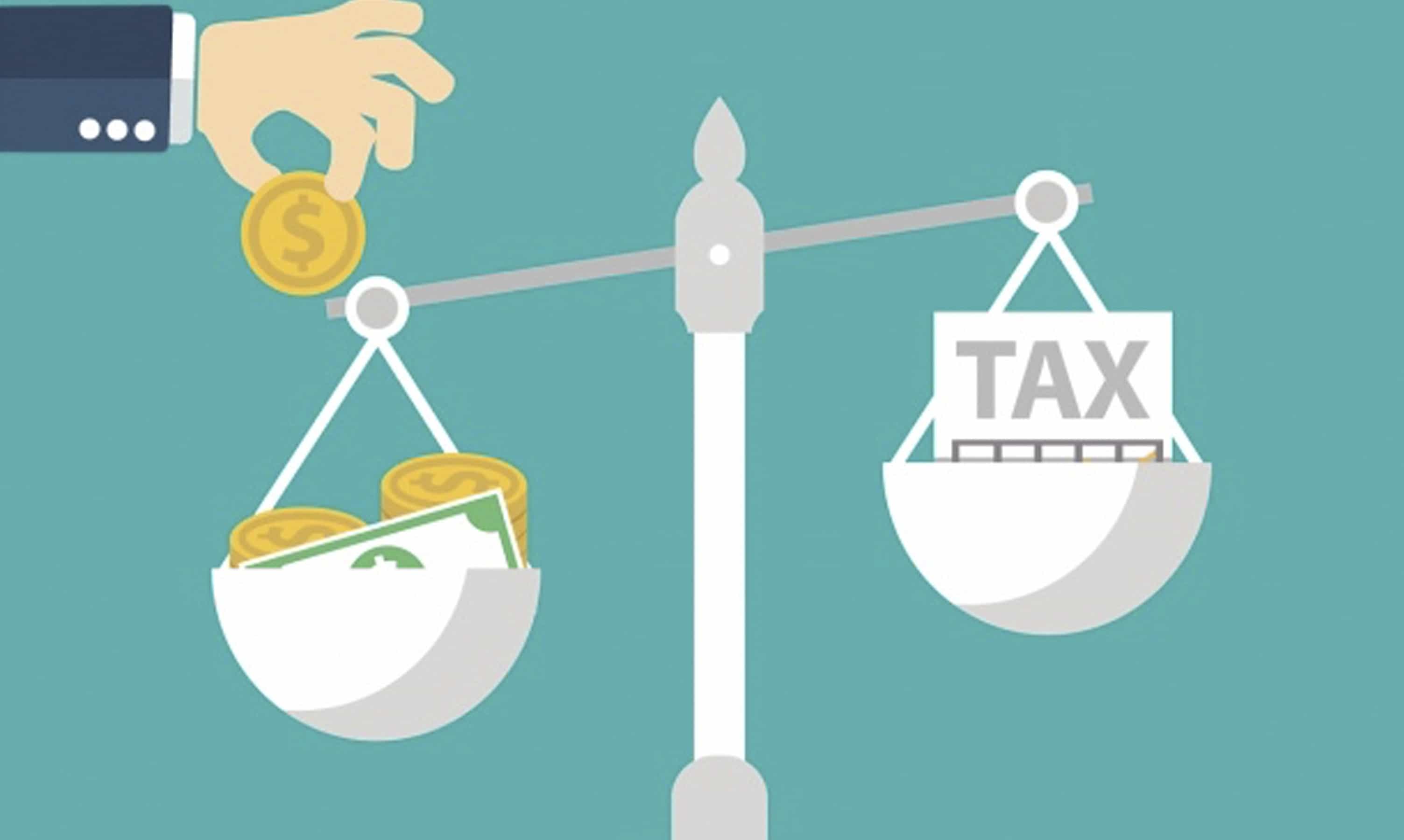The tax brackets used to calculate how much you will pay in California state income tax operate similarly to the federal income tax brackets; taxpayers with lower earnings pay less in taxes while those with higher earnings will climb the brackets. The percentage of tax that is paid in each bracket is of course lower than the federal brackets (though California state income taxes are among the highest in the country). Understanding what tax bracket you fall into will help you determine whether you need to make estimated tax payments, adjust the amount of tax withheld from your paycheck, or how much of that pay raise will be taxed at the next bracket.
California Franchise Tax Board (FTB)
The FTB is the state taxing authority responsible for enforcing the Revenue Tax Code for the State of California. Though the FTB does serve other functions their main purposes is to assess and collect state income tax for California. For more information on the FTB see our blog California Franchise Tax Board – FTB Collections.
Who Is Required To File
Whether you are a resident, part-year resident, or non-resident of California you may be required to file a California state income tax return if the following are true:
- You are required to file a federal income tax return.
- You received income from a source in California.
- You earned over a certain amount of income.

For additional information about personal filing requirements visit the FTB’s Personal Filing Information page. To see the income thresholds for filing see California Resident Income Threshold for Filing or California Part-Year or Non-Resident Income Threshold for Filing.
How Much California State Income Tax Will You Pay
Calculating how much state income tax you are required to pay can be done by using the FTB Tax Calculator but, you will need the following information:

Your Filing Status
- Single
- Married filing jointly
- Married filing separately
- Head of household
- Qualifying widower
What Tax Form You Will Be Using
- Form 540
- Form 540-2EZ
- Form 540-NR: Long or Short
Your Taxable Income
Your taxable income can be found on line 19 of form 540 or 540-NR.
Once you have this information, you can then enter it into the calculator to find out how much California State income tax you are required to pay. For those that made estimated tax payments throughout the year or withheld California state income taxes from their paychecks, you can subtract the amount paid or withheld from the amount of state tax you were required to pay. If the amount you paid in estimated taxes or the amount you had withheld was more than the amount you were required to pay, you may be due a refund.
How California State Income Tax Brackets Work

The income tax brackets in California are progressive. This means that as your income increases the tax bracket you are in changes, which effects how much income tax you will pay. It is important to note that the income figures are based on your adjusted gross income (income after deductions and exemptions). Below is the 2019 tax brackets for filing single or married filing separately:
Income Tax Rate
$0 – $8,809 1% / $88.09
$8,810 – $20,883 2% / $241.48
$20,884 – $32,960 4% / $483.08
$32,961 – $45,753 6% / $767.58
$45,754 – $57,824 8% / $965.68
$57,825 – $295,373 9.3% / $22,092.06
295,374 – $354,445 10.3% / $6,084.42
$354,446 – $590,742 11.3% / $26,701.56
$590,742 And Over 12.3%
To see the tax brackets for other filing statuses like married filing jointly, married filing separately, head of household, or qualifying widower visit 2019 California Tax Rate Schedules.
The most important thing to remember is that just because you are in a certain bracket does not mean all of your income is taxed at that rate. Instead, only the income you have made within that bracket is. This is also referred to as your marginal tax rate.
Example:
A single taxpayer’s adjusted gross income is $50,000. This means that the taxpayer’s income has gone through the first 4 tax brackets before reaching the fifth bracket. So, the first four brackets total $1,580.23 ($88.09 + $241.48 + $483.08 + $767.58) in total tax. The remaining amount taxed in the fifth bracket at 8% is $4,247 ($50,000 – $45,753), making the total tax on this amount $339.76. All together the taxpayer will owe $1,919.99 in California state income tax.
When Is It Time To File?

The due date for your California personal income tax return is April 15th. However, if you will not owe any tax or are due a refund, the state will grant you an automatic 6 month extension, making the filing deadline October 15th. If you are part of the military, you may be entitled to additional extensions. One of the easiest ways to file your California state income tax return is through CalFile. This is the FTB’s free online portal to electronically file your tax return. Even though you may be due a refund, it is important that you file a return to avoid a failure to file penalty.
The failure to file penalty is assessed when a taxpayer misses the deadline for filing their tax return. The penalty is $135 or 100% of the amount due, whichever is less, for taxpayer’s whose total tax due is between $0-$540. For taxpayer’s that owe over $540 and file late, the penalty is 5% of the total tax due for every month the return is late up to a maximum of 25%. If the FTB suspects fraud, the penalties will increase to 15% per month up to a maximum of 75% of the amount due.
Underpayment Penalties
If during the tax year you do not have enough tax withheld from your paycheck or you do not make enough estimated tax payments, you may face an underpayment penalty. The penalty is 5% of the amount that was underpaid. If it continues to go unpaid, the penalty is assessed on a monthly basis at .5% of the amount that was underpaid up to 40 months. Another important piece of information is that having a balance due to the FTB that goes unpaid will only cause the FTB to become more aggressive in their collection efforts.
For more information on other penalties you may face see FTB Common Penalties and Fees.
Conclusion
Understanding what information you need to properly compare your income with the California state income tax brackets is essential. Throughout the year you should review your income and compare this with the California state income tax brackets. This will allow you to determine whether you need to make an estimated tax payment or change the amount being withheld from your paycheck. By doing this you will hopefully avoid the underpayment penalty. In addition, knowing what day you are required to file your tax return will help you avoid a failure to file penalty. If you are unsure about any of the items discussed in this blog, speaking with a tax professional is the best way to clear up any confusion.
If you are already dealing with a tax issue or collection action from the California Franchise Tax Board, please give us a call for a free phone consultation with a tax professional at 760-932-0042. We also handle tax issues concerning California payroll taxes and the California Department of Tax and Fee Administration.
